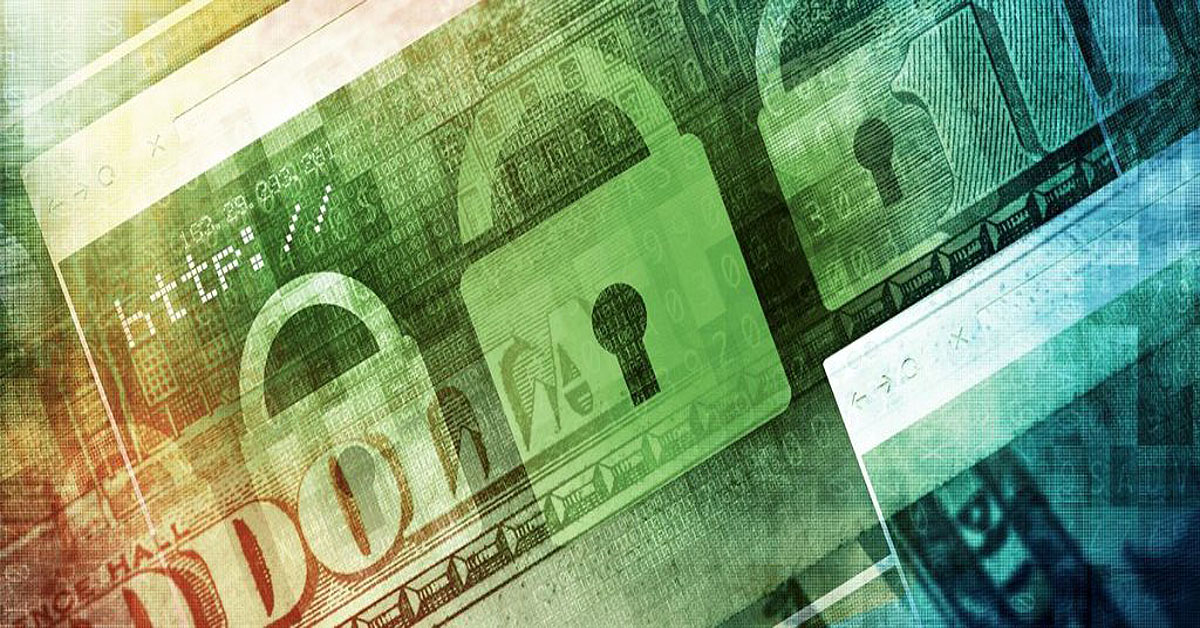How Hackers Make Money
When it comes to hackers, there are two groups: ethical hackers and malicious hackers.
Ethical hackers are white-hat hackers that use their powers for good, while malicious hackers are black-hat hackers that use their skills for personal gain.
Ethical hackers are generally employed by specialized cybersecurity organizations or by individual companies to test their systems’ security. These hackers use their knowledge to find vulnerabilities and then report them to the organization so that they can be fixed.
On the other hand, malicious hackers are individuals who break into systems for personal gain. This can include anything from stealing sensitive data to extorting money from organizations. They make money in various ways, including stealing confidential information, selling exploits, and creating ransomware.

What is their source of income?
Hackers make money in various ways, including stealing confidential information, selling exploits, and creating ransomware. Here are a few more ways in which malicious hackers are funded…
Selling Data
Data is valuable. This value motivates hackers to breach corporate backend systems and databases to acquire this data. Hackers utilize various approaches to obtain information to sell on the dark web, including social engineering, spyware, and dumpster diving. Data can include medical records, login credentials, and personally identifiable information (PII).
Selling Credit Card Details
Credit cards are one of the internet’s most widely used payment methods, making them one of the most sought-after data troves for hackers. Hackers target e-commerce sites and OTT platforms’ databases to steal credit card details stored on their databases. Some hackers employ MitM and malware-based attacks to intercept the transaction data. They sell these data on the surface web or dark web. The buyers use the credit card details to perform carding scams or buy illicit goods from the dark web.
Health Information Leakage
Healthcare businesses are also targets for cyberattacks since they house a wealth of personal health information that fitness-tracking gadget makers are eager to acquire. By leaking health information on the dark web, hackers make a killing; it has one of the highest efforts to income conversion rates. According to IBM’s report, the average cost of a data breach in the healthcare domain touched US$ 9.23 million in 2021, a 17-year-high. Due to such threats, healthcare organizations have started following strict compliance norms like Health Insurance Portability and Accountability Act (HIPAA) and adopting the principle of Least Privilege Access.
Ransoms From Ransomware Attacks
Another prominent way hackers generate income is by infecting corporate systems with malware, which encrypts all the system’s files, network-connected systems, sensitive information, and cloud files. The hackers demand ransom to give the decryption key to the affected organization. According to Palo Alto Networks, a sharp spike of 518% was recorded in the average payout to ransomware gangs in 2021 compared to 2020. Some cybercriminals offer Ransomware-as-a-Service (RaaS) by selling malicious software to the highest bidders to carry out attacks. Cyber extortion is one of the most lucrative ways of generating money.
Botnets
Creating and leveraging botnets by infecting multiple computers for automated spamming or performing Distributed Denial of Service (DDoS) is a well-known way of hacker’s income. Hackers make millions of dollars by launching such spam campaigns. The Spamhaus threat update observed a 23 percent ( 3,271 C&C botnets in Q4 2021) uptick in botnet C&C (command and control) attacks.
Stealing Confidential Business Information
One of the most severe threats businesses and large organizations face is the theft of corporate information like intellectual property (IP), business plans, and trade secrets. Hackers steal sensitive corporate details and blackmail companies to pay up. Cybercriminals release these data publicly on different sites if they do not receive the amount.
Stealing Money From Financial Institutions
Hardened cybercriminals often target financial institutions to generate income. They attempt to penetrate A1 security systems or bypass various security measures to deploy malware or get remote access to the institution’s systems. Remote malware allows the victim to log in to their accounts, authenticate themselves, and then take over the transaction by changing the account details and other settings in the infected system for monetary benefit.
All this can be done with a keyboard and a little know-how…maybe it’s time to start studying lol. Until next time…




